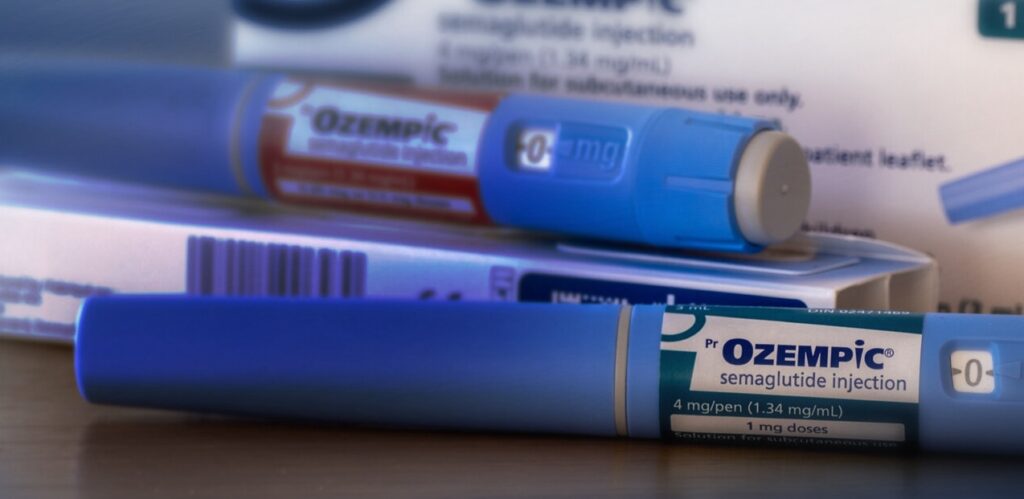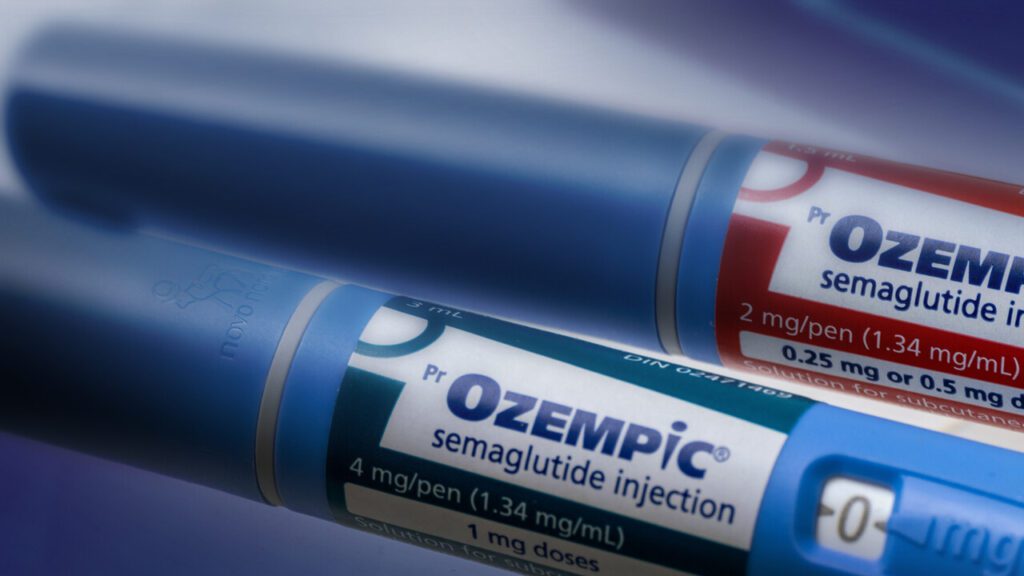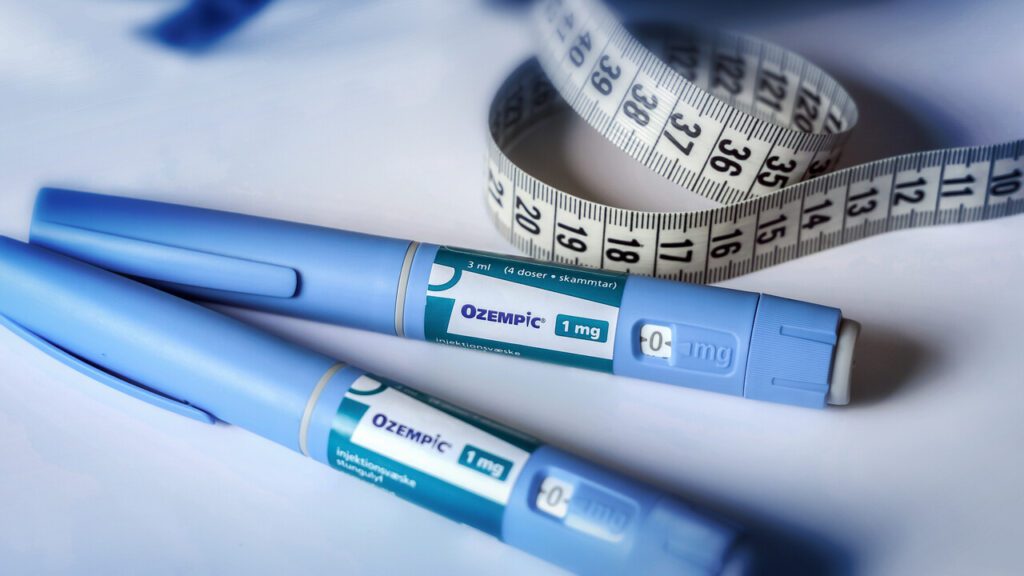Dangerous Drugs: Advocating for Safety in the Pharmaceutical Industry
The pharmaceutical industry in the U.S. is booming due to reliance on medications for health conditions. Despite rigorous testing, some serious health risks only become apparent after widespread use.
When medications cause unexpected side effects or harm, lawsuits may arise, often involving claims that drug manufacturers failed to warn about potential risks, misrepresented the drug’s safety, or promoted it for unapproved uses.
We represent individuals harmed by dangerous medications and have filed lawsuits against pharmaceutical companies. Our experienced medical attorneys specialize in drug litigation and understand the complex legal and scientific aspects of these cases. We work diligently to uncover aggressive product development and marketing practices that may have caused harm. While drugs can improve quality of life, the competitive nature of the market can lead to life-threatening consequences for consumers as companies race to bring new medications to market.

Battling Big Pharma
Beasley Allen has a proven history of standing up against Big Pharma in lawsuits related to harmful drugs on behalf of individuals or their loved ones. One of the most well-known cases handled by our firm involved the prescription medication Vioxx.
In 2008, after more than five years of challenging litigation, Merck agreed to pay $4.85 billion—the largest pharmaceutical settlement in history—to resolve claims involving plaintiffs who suffered a heart attack (including sudden cardiac death) or a stroke after taking the nonsteroidal anti-inflammatory drug Vioxx.
Andy Birchfield led Beasley Allen’s team, playing a crucial role in developing the Settlement Program and persuading Merck to settle these cases. Since Vioxx, our firm has obtained numerous verdicts and settlements on behalf of people nationwide who were injured by dangerous drugs.
Unlocking the Medicine Cabinet
There are several different types of medications.
- Prescription: Prescription medications are drugs that you can only get with a doctor’s prescription. These are regulated by laws to ensure they are safe and effective. In the U.S., the FDA oversees these regulations. Sometimes, if a prescription drug is proven safe over time, it can become available over-the-counter (OTC).
- Over-the-Counter (OTC): OTC medications are drugs you can buy without a prescription. Drugs made by different manufacturers must have the same active ingredients to treat the same condition but can have different formulations. Some OTC drugs might require you to talk to a pharmacist, but many are available in regular stores, supermarkets, and gas stations.
- Surgical/Clinical: These medications are given during medical procedures or when you’re under professional medical care. They can be used during exams, surgeries, or hospital stays. These drugs include antibiotics, pain relievers, blood thinners, anesthesia and more. They help manage pain, prevent infections, and ensure the procedure goes smoothly.
Recall Rundown
The Food and Drug Administration (FDA) oversees the marketing of medical drugs in the U.S. and ensures that each drug offers a “reasonable assurance of safety and effectiveness.” If a pharmaceutical manufacturer discovers a problem with one of its medications, the company must issue a recall to correct or remove the dangerous drug and inform the FDA.
There are three types of medical drug recalls:
- Class I: Involves a situation where there is a reasonable chance that medication will cause serious health problems or death.
- Class II: Involves a situation where medication may cause a temporary or reversible health problem or a slight chance of causing severe health problems or death.
- Class III: Involves a situation where medication is not likely to cause any health problem or injury.
Class II recalls account for 80% to 90% of all drug recalls. With over 1,000 drug recalls annually, pharmaceutical companies have significant room for improvement and a strong case for enhanced industry regulation.
Meet Our Medication Attorneys
Related News
Ozempic Order Breakdown, The Latest In The Litigation
The latest in Case Management Orders (CMOs) for the Ozempic Litigation! Judge Karen Marston is overseeing…
Victory Against Company Selling Kids Suicide Chemical
Beasley Allen, along with its co-counsel C.A. Goldberg, PLLC, recently secured a win at the…
Blockbuster Diet Drugs Linked to Blindness
Diet drugs have skyrocketed in popularity and are no stranger to scary side effects. In…
Alabama Opioid Settlements: $728 Million & Climbing
The opioid epidemic swept across the United States, leaving a trail of addiction, overdose, and…
Alabama Reaches $220 Million Settlement with Opioid Distributors
The State of Alabama has settled with two opioid distributors, resolving litigation for their roles…
New Lawsuits Filed Over Ozempic Side Effects
Many of us have come across advertisements for Ozempic, an FDA-approved injection used to treat…
Acetaminophen MDL Clients Get Favorable Ruling
U.S. District Judge Denise Cote in the Southern District of New York recently took significant…
Opioid multidistrict litigation, state cases updates
Lawyers in the opioid multidistrict litigation (MDL) debated in a hearing on Nov. 6 over…
School districts in three states file vaping lawsuits against JUUL Labs
Beasley Allen lawyers and co-counsel filed lawsuits on behalf of school districts in Kansas, Missouri,…
Beasley Allen sues JUUL for Ohio mother of addicted teen twins
Beasley Allen has filed a lawsuit against JUUL Labs on behalf of Rene Chaney, an…
New vaping law in effect in Alabama
The growing vaping epidemic has gained the attention of law and policymakers across the country….
Daubert hearings over talc’s cancer risk conclude after days of testimony
Daubert hearings involving eight days of expert testimony over whether Johnson & Johnson’s talcum powders…

















